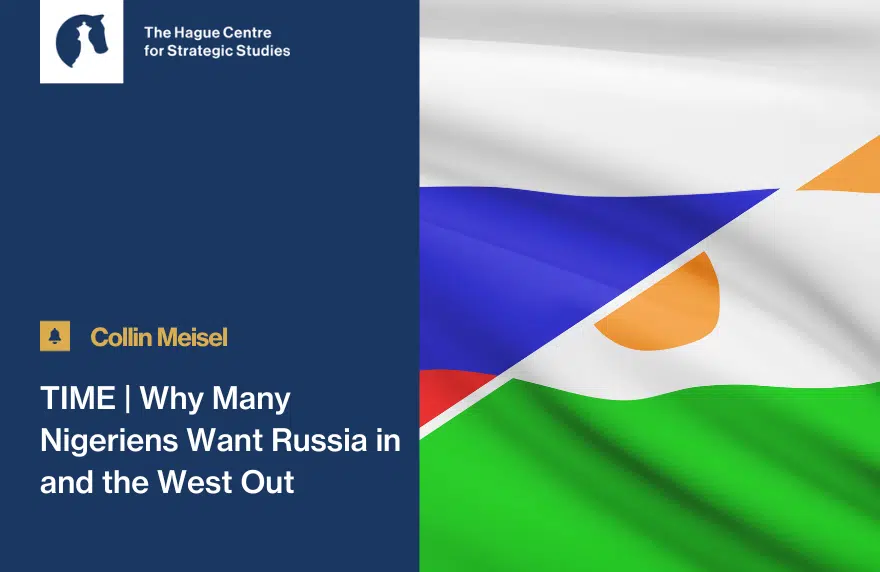The Arctic is coming increasingly under the spotlight for reasons other than global warming. The region, home to some of the world’s largest undiscovered hydrocarbon reserves, is becoming a new frontier for a geopolitical struggle between Russia and the West.
On 24 August, Russia kicked off a series of large-scale military exercises in the Arctic. A week earlier, Moscow informed the United Nations that it had laid claim to a staggering 1.2 million square kilometres of the Arctic shelf. Russia also plans to reopen military bases it abandoned after the Soviet Union collapsed. Although the Kremlin insists its military moves are purely defensive, they come at a time of heightened tensions with the West over Ukraine that saw Russia increase its air patrols probing Nato’s borders, including in the Arctic.
So, why is Russian President Vladimir Putin asserting his ground in the Arctic? Is this mere bluster to conceal a position of fear? Or are the Kremlin’s latest moves prompted by sheer economic necessity? The answer is both, and the West ought to be profoundly worried about it write Sijbren de Jong and Lucia van Geuns for EUobserver. The full article can be read here.
Atlantic-Community.org republished the article on 7 September 2015. The full text can be read here.


